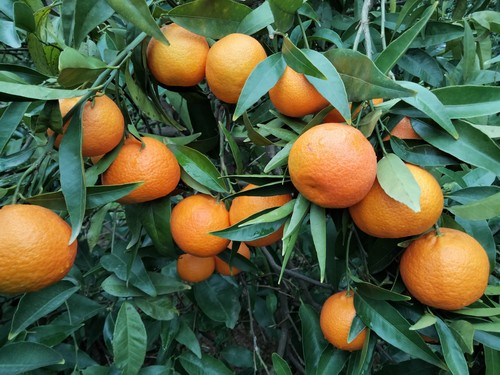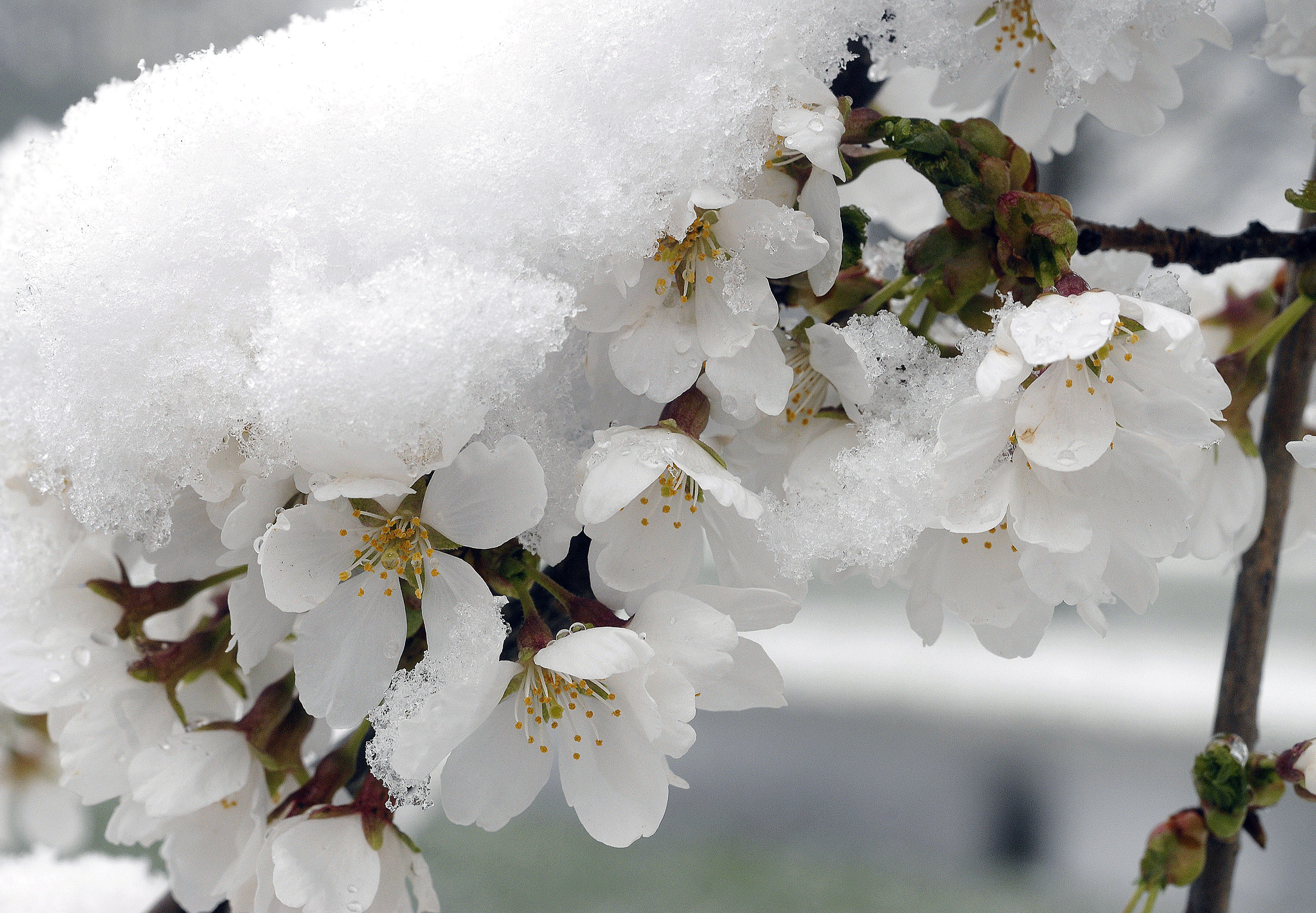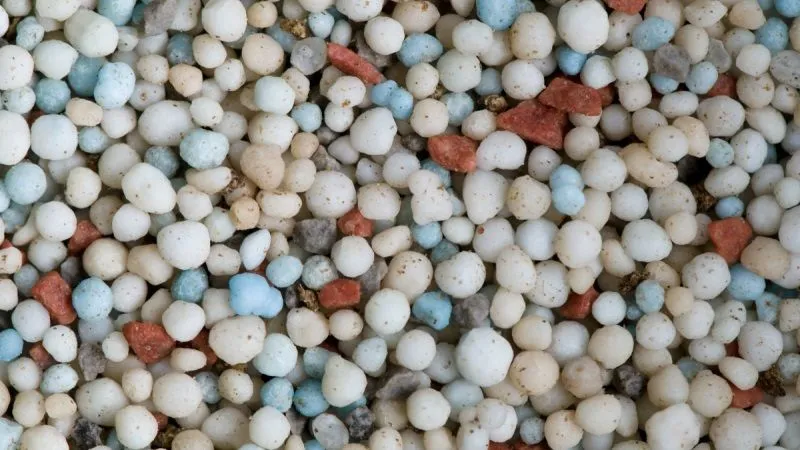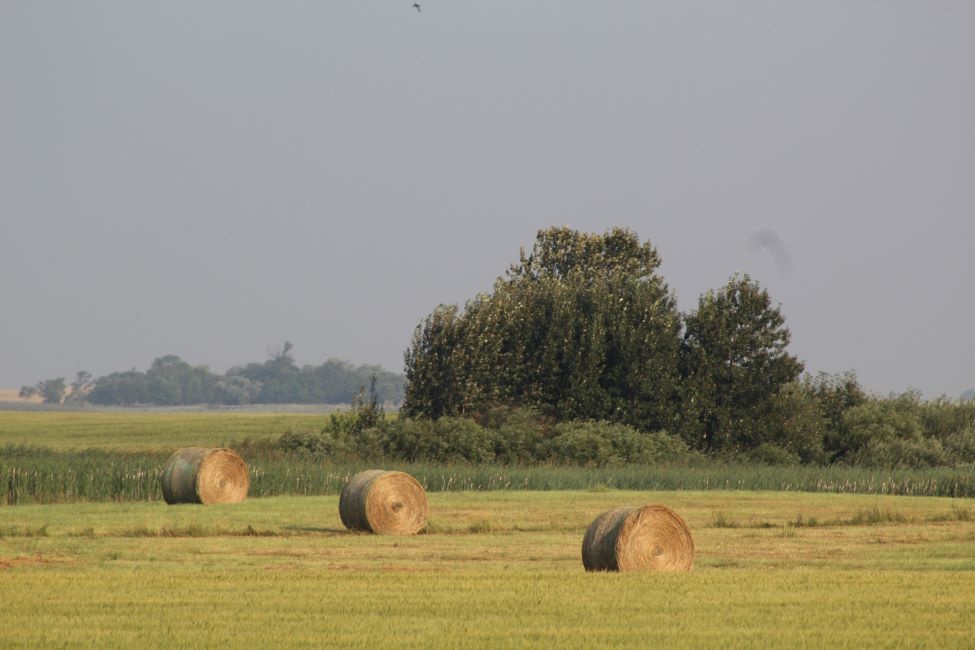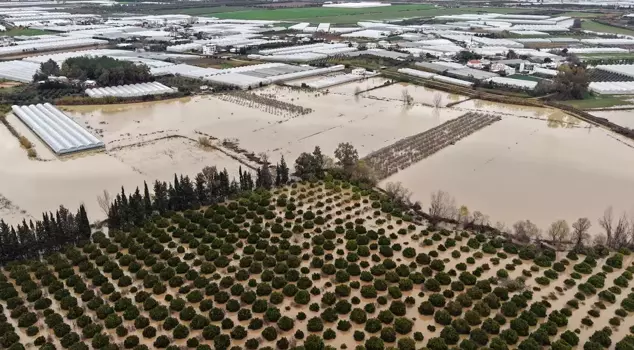Perrina is a clementine variety whose breeder is the Calabrian agronomist Francesco Perri, citrus scientist specialist. The commercial diffusion of the variety, whose intellectual property remains of the breeder, will be managed exclusively by OP Armonia, while for the production of seedlings the only nursery authorized for the propagation of plant material is Vivai Milone of Lamezia Terme (province of Catanzaro, Calabria).
Francesco Perri: "This is a clonal selection, obtained from a gem mutation derived from the Common clementine, whose agronomic, productive and qualitative performance has been monitored on different soils, for over ten years. In 2018, the researchers of CREA-OFA of Acireale completed the recovery process (within the research project called "Genetic improvement of clementines and mandarins" started in 2017, as a result of the agreement signed between CREA-OFA of Acireale and OP Armonia, with the latter fully funding it)".
Formerly registered in the National Register of Varieties of Fruit Plants and Rootstocks under the name of Clementine Sanzo, it is now in the process of filing for a European patent at the CPVO (Community Plant Variety Office), under the name of Clementine Perrina, after the breeder's surname. (Application for Community Plant Variety Rights N° 2020/1687).
In this altered climatic environment, the variety of Common clementine, which is still the most widespread in Italy, is showing increasing quality problems, with a progressive reduction of the calendar and therefore a commercial period significantly reduced over the past decade (the same is happening in Spain with the variety Clemenules).
It is in this new production scenario that Perrina seems to have what it takes to succeed on the market.
The following explains why:
1) It matures (depending on the cultivation environment and the rootstocks used) in the second half of December until the end of January and presents an average size that is definitely higher than that of the Common variety, with a greater prevalence of fruits of the caliber 2/3;
2) it is very similar in taste to the Common variety, therefore it guarantees the consumer supplies of traditional clementines, of high quality, until the end of January;
3) moreover, its harvesting time falls exactly between the Common variety and the new late varieties of mandarins such as Tango, Nadorcott and Orri, which ripen later;
4) it is clearly superior both in taste and in agronomic characteristics compared to the Hernandina variety (strongly alternating in production and very sensitive to the disease known as Phytophthora root and stem rot), which has a similar ripening schedule.
Marco Eleuteri: "Perrina will be an important variety for the Italian clementine cultivation sector, which is increasingly challenged by a climate that is changing rapidly, and that requires all operators in the sector a rapid varietal adjustment of production, especially of those varieties that are showing greater signs of obsolescence, as precisely for the Common clementine, still the most widely cultivated variety in Italy."
For several years now, there has been a progressive reduction in the agronomic performance of the Common clementine variety, essentially due to a shorter life span of the fruit (which deteriorates faster and faster), and therefore a consequent reduction of the sales calendar. It is becoming clearer and clearer that, as of mid December, it is more difficult to obtain high quality Common clementines.
The increasingly mild autumns and droughty summers (with the rise in average annual temperature), followed by violent rainfall, not to mention hailstorms, have altered the climatic conditions of traditional production areas, forcing an immediate solution on behalf of the production system. Not only have conditions changed, but they will continue to do so, considering the long time it takes for agriculture to adapt, so there is a need to respond straightaway in terms of renewing the range of varieties, or many operators run the serious risk of finding themselves on the market with an inadequate offer.
If the quality of the Common clementine perceived by the consumer as traditional decreases already in mid-December, with Perrina it will be possible to guarantee the buyer a traditional product of excellent quality, both in appearance and taste, at least until the end of January, with very positive effects on consumption, also favoring a good commercial kick-off of the latest generation of late mandarins (Tango, Nadorcott and Orri) starting in February.
The commercial strategy for the propagation of the variety in Europe will be presented in Berlin during Fruit Logistica 2022, where there will be a small information area dedicated exclusively to Perrina, within the OP Armonia stand.
"Italy intends to work out agreements only with producers' organizations, for a limited number of lots (in any case, each lot, with an area of no less than 50 hectares), and for a maximum arable area predetermined for each country. I would say that our first priority is to create a production system that allows us to guarantee a commercial exclusivity that has no rivals in terms of quality," concluded Marco Eleuteri, president of the producers' organization OP Armonia.
Source - https://www.freshplaza.com


